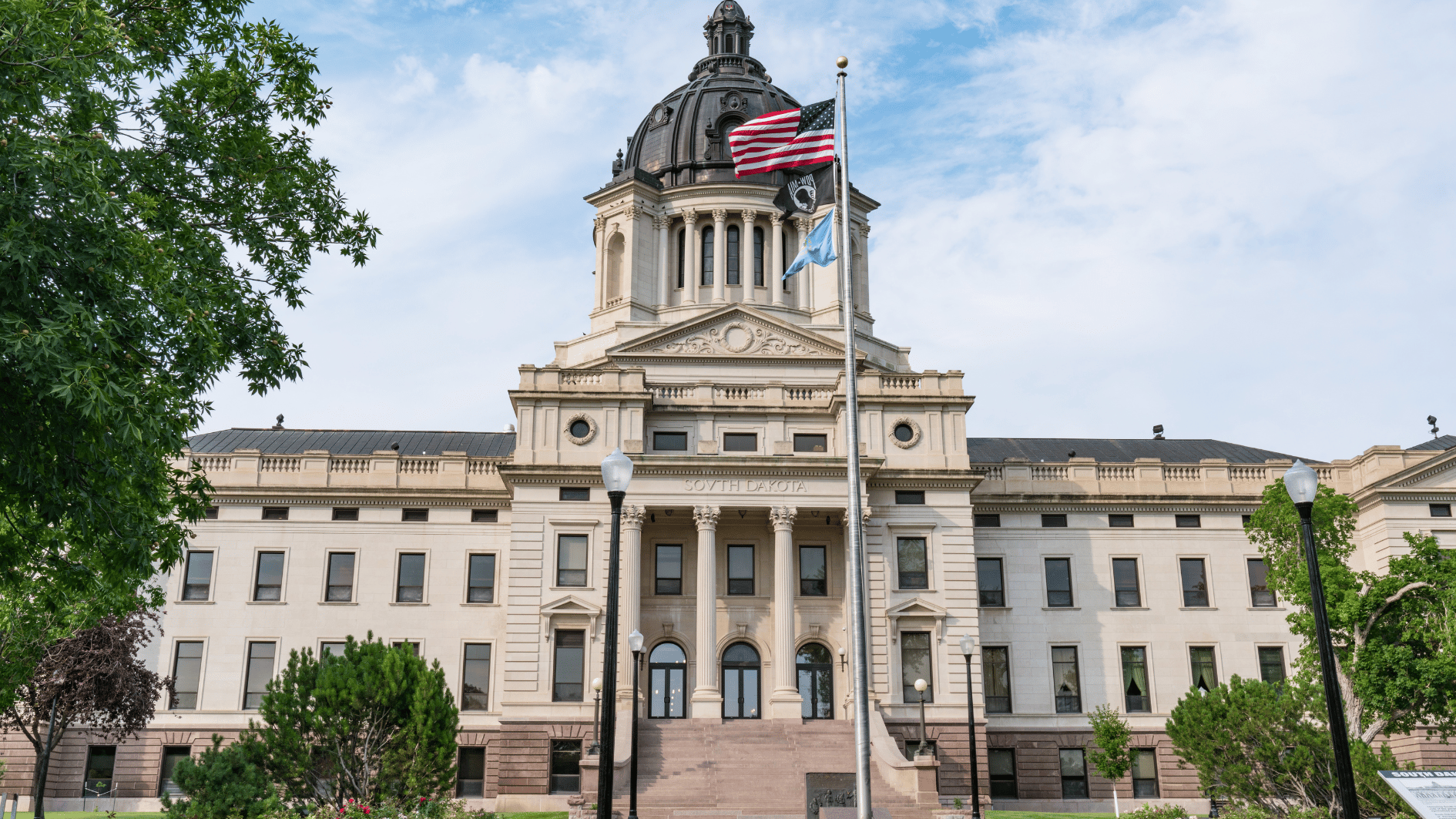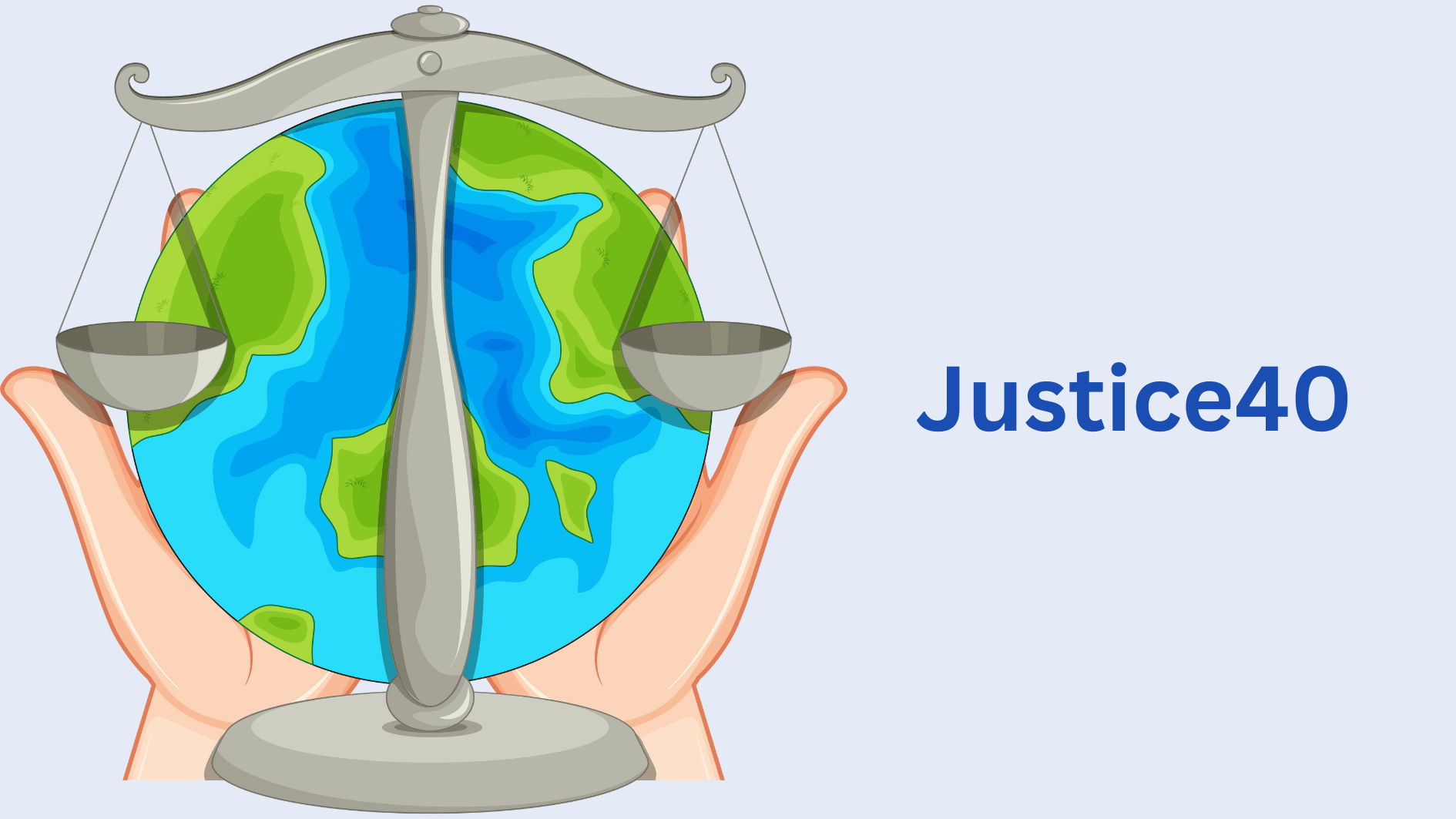Image source: Canva.com
South Dakota may not be the first state that comes to mind for solar energy, but it offers a range of incentives that make going solar more attractive for homeowners and businesses. With a combination of federal tax credits, local programs, and utility incentives, South Dakotans have several opportunities to reduce the cost of solar installations and enjoy long-term energy savings. In this article, we’ll break down South Dakota’s key solar incentives, explaining how each one works and how you can leverage them to make the most of your solar investment while supporting a cleaner, more sustainable future.
The Residential Clean Energy Credit
The Residential Clean Energy Credit, previously known as the Federal Investment Tax Credit (ITC), can reduce the cost of your solar panel system by 30%. This incentive covers the entire system, including equipment, labor, permitting, and sales tax.
To claim this incentive, you need to purchase your system with cash or a solar loan, as leasing does not qualify for the ITC. You must have a sufficient federal tax liability to use the credit, though any unused portion can be rolled over year-to-year until the ITC expires at the end of 2034. Direct payment of the ITC is only available to tax-exempt entities, such as nonprofit organizations.
Solar for All
- The Community Power Coalition (CPC)’s SFA program, “Powering America Together,” will collaborate with and enhance the impact of the US Department of Energy’s National Community Solar Partnership and Community Power Accelerator program. Led by Inclusive Prosperity Capital, Inc., CPC comprises seasoned community solar experts who have contributed to the Community Power Accelerator as developers, lenders, trainers, and technical assistance providers. The program aims to support the development of low-income community solar projects, reduce carbon emissions, lower energy costs, and promote quality jobs, community wealth-building, energy resilience, and equitable workforce development.
- The South Dakota Solar for All (SFA) initiative aims to diminish greenhouse gas and other air pollutants by advancing the deployment of solar products throughout the state, primarily by providing solar arrays to single-family homes. The program will facilitate access to grants, tax incentives, and low-interest loans to foster the development of solar units for multi-family dwellings. Additionally, these funds will be utilized to mobilize financing and private capital by empowering community development financial institutions, credit unions, rural electric cooperatives, and municipal utilities to administer a revolving loan fund with minimal risk. The program’s impact will be quantifiable and can catalyze attracting additional funding to the region. Importantly, in line with the Justice 40 initiative, these programs will be specifically tailored to benefit communities designated as low-income and disadvantaged.
- The Northern Plains Tribal Solar for All (NPT-SFA) program aims to revolutionize energy and economic systems within disadvantaged communities through substantial and concentrated investments. Initially focusing on North Dakota, South Dakota, and Montana, with later expansion to include tribes in Wisconsin and Wyoming, NPT-SFA draws inspiration from a successful pilot program conducted on the Northern Cheyenne reservation in Montana. Central to its strategy is the establishment of tribally owned and managed portfolios of solar systems installed at the homes of Tribal members. By capitalizing on factors such as high electricity prices, frequent power outages, and inefficient housing stock, NPT-SFA aims to implement impactful initiatives. Furthermore, innovative apprenticeship programs, educational initiatives, and training partnerships will be developed to attract industry leaders, thereby enhancing regional capacity to provide sustained benefits that extend well beyond the grant period.
- Teaming up with lead applicant GRID Alternatives, a coalition of ten mission-driven nonprofit solar and affordable housing providers and allies has collaborated to develop the Solar Access for Nationwide Affordable Housing Program (SANAH). SANAH is meticulously crafted to maximize benefits for households and communities while advancing equity, reducing harmful pollution, and combating climate change. The program offers a multitude of advantages, including expanded access to solar and storage for income-qualified households, significant energy savings, and relief from burdensome costs, as well as additional benefits like efficiency improvements and electrification.
South Dakota Property Tax Credit
The first $50,000 or 70% of the assessed value of solar energy systems (less than 5 MWs), whichever is greater, is exempt from the real property tax.
Discover the Ideal Solar System for Your Home in Just a Few Clicks!
Disclaimer
The information provided herein is for informational purposes only and is accurate as of the time of publication. Please be aware that the solar energy landscape, including technology, regulations, incentives, and market conditions, changes frequently. Therefore, it is essential to consult with qualified experts and professionals before making any decisions regarding solar energy installations or investments. This will ensure that you receive the most current and applicable advice tailored to your specific circumstances.





